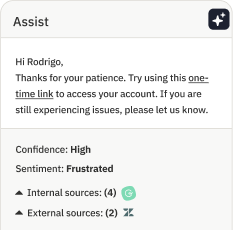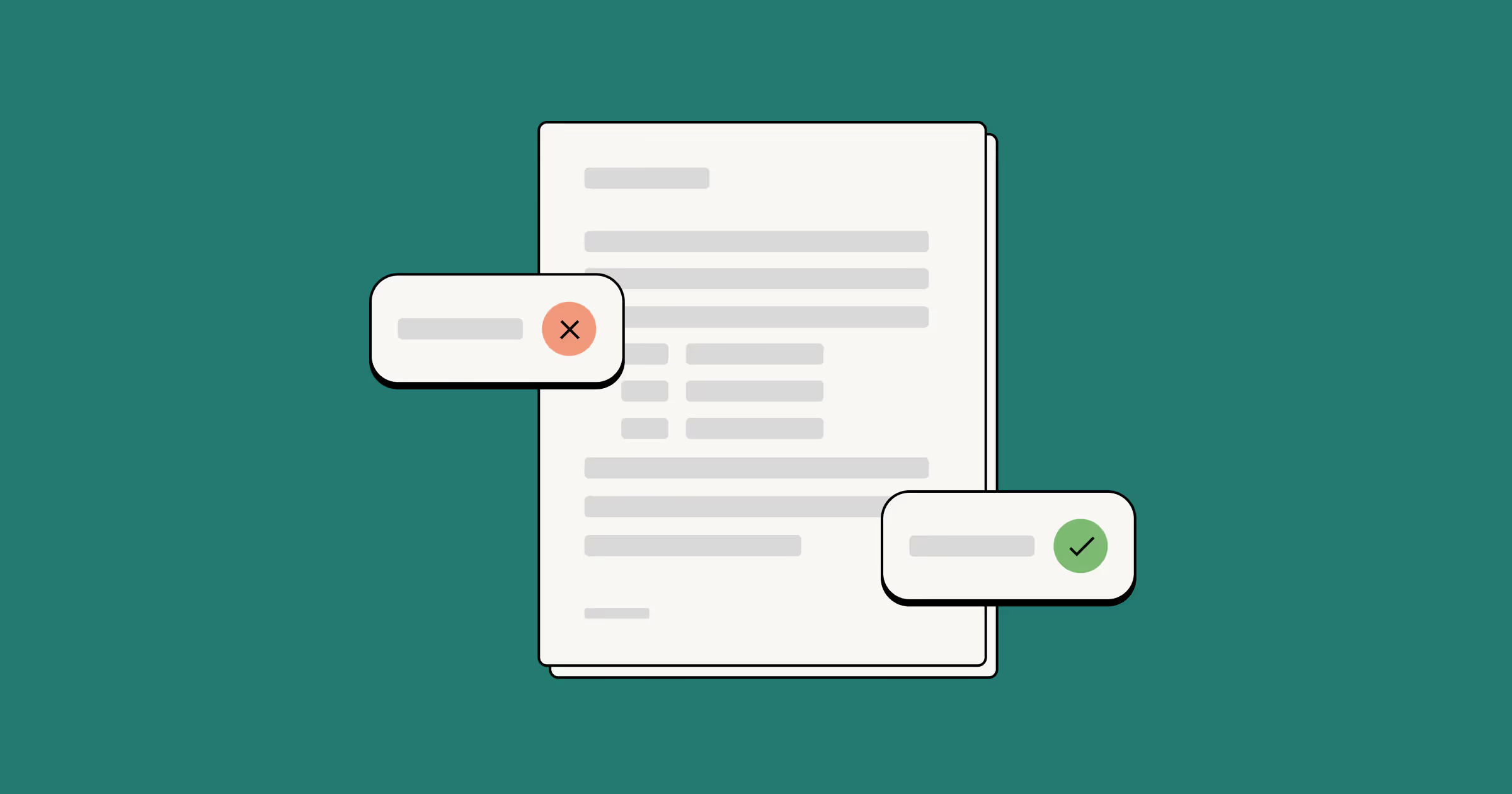Guide to hospitality business process outsourcing (BPO)

In today's competitive hospitality industry, providing exceptional customer service and streamlining operations are essential for success. This is where business process outsourcing (BPO) can play a significant role. Hospitality BPO refers to the practice of outsourcing various functions of a hospitality business to specialized service providers. It allows companies in the hospitality industry to focus on their core competencies while benefiting from cost savings, improved efficiency, and enhanced customer experiences.
Introduction to hospitality business process outsourcing
The hospitality industry is known for its customer-centric nature. Providing excellent customer service is crucial for maintaining a positive reputation and acquiring loyal guests. However, managing various back-office operations can be time-consuming and resource-intensive. This is where hospitality BPO comes into play.
Hospitality BPO involves outsourcing certain functions of a hospitality business, such as customer service, reservations, technical support, and content moderation, to specialized service providers. These providers have the expertise and resources to handle these tasks efficiently, allowing hospitality businesses to focus on their core operations.
Benefits of hospitality business process outsourcing
Outsourcing certain functions of a hospitality business can bring numerous benefits. Let's explore some of the key advantages of hospitality BPO:
Enhanced service quality
Customer service is a critical aspect of the hospitality industry. By outsourcing customer support to experienced service providers, hospitality businesses can ensure that their guests receive high-quality service. These providers have trained agents who understand the industry's standards and can handle travel-related inquiries effectively, creating satisfied customers who are more likely to return.
Risk reduction
Outsourcing customer service to a contact center can help hospitality businesses mitigate risks. The contact center company takes care of employee management and compliance, reducing labor-related legal risks for the hospitality business. Additionally, the overhead costs associated with office expenses for customer service operations are covered by the contact center company.
Focus on core operations
By outsourcing customer support and other non-core functions, hospitality businesses can focus more on their core operations, such as improving guest experiences and driving business growth. This allows them to allocate resources more efficiently and deliver exceptional customer service while leaving specialized tasks to the outsourcing partner.
Technological advancements
Outsourcing partners in the hospitality BPO industry often invest in advanced technologies to enhance the customer service experience. This can include the use of chatbots, artificial intelligence (AI), and data analytics to improve response times, gather valuable insights, and continuously improve service quality. By leveraging these technologies, hospitality businesses can provide a seamless and personalized experience to their guests.
Multilingual support
In the globalized world of hospitality, catering to guests from various countries and cultures is essential. Hospitality BPO providers often offer multilingual support, enabling businesses to effectively communicate with guests in their native languages. This level of personalization enhances guest experiences and fosters a more inclusive environment, leading to increased customer satisfaction and loyalty.
Cost savings
One of the primary reasons hospitality businesses opt for BPO is cost savings. Outsourcing customer service and other functions can significantly reduce overhead costs associated with recruiting, training, salaries, benefits, and infrastructure. By leveraging the expertise and resources of an outsourcing partner, hospitality businesses can allocate their budgets more effectively and invest in areas that directly impact their core operations and growth.
Trends in hospitality BPO today
The hospitality industry is continually evolving, and so is hospitality BPO. Here are some of the key trends shaping the industry today:
Automation and artificial intelligence
Automation and AI technologies are revolutionizing the hospitality BPO landscape. Chatbots and virtual assistants are being employed to handle routine inquiries, freeing up human agents to focus on more complex and personalized interactions. AI-powered analytics tools are also being used to gather insights from customer data, enabling businesses to make data-driven decisions and enhance the guest experience.
Data security and privacy
With the increasing reliance on technology and the collection of customer data, data security and privacy have become critical concerns in the hospitality industry. BPO providers are investing in robust security measures and compliance frameworks to ensure the protection of sensitive guest information. This includes implementing secure data handling practices, complying with industry regulations, and training agents on data privacy protocols.
Personalized customer experiences
Guests today expect personalized experiences tailored to their preferences and needs. BPO providers are leveraging technologies like AI and data analytics to gather and analyze guest data, enabling hospitality businesses to offer personalized recommendations, targeted marketing campaigns, and customized service offerings. This personalization helps build stronger guest relationships and fosters loyalty.
Remote and work-from-home Agents
The COVID-19 pandemic has accelerated the adoption of remote work in the hospitality industry. BPO providers are leveraging remote work models, allowing agents to work from home or other remote locations. This flexibility not only ensures business continuity but also provides a better work-life balance for agents, leading to improved job satisfaction and performance.
When it comes to hospitality BPO, choosing the right partner is vital for achieving exceptional customer experiences and operational efficiency. Assembled is here to help you navigate the world of hospitality BPO and deliver outstanding results.




